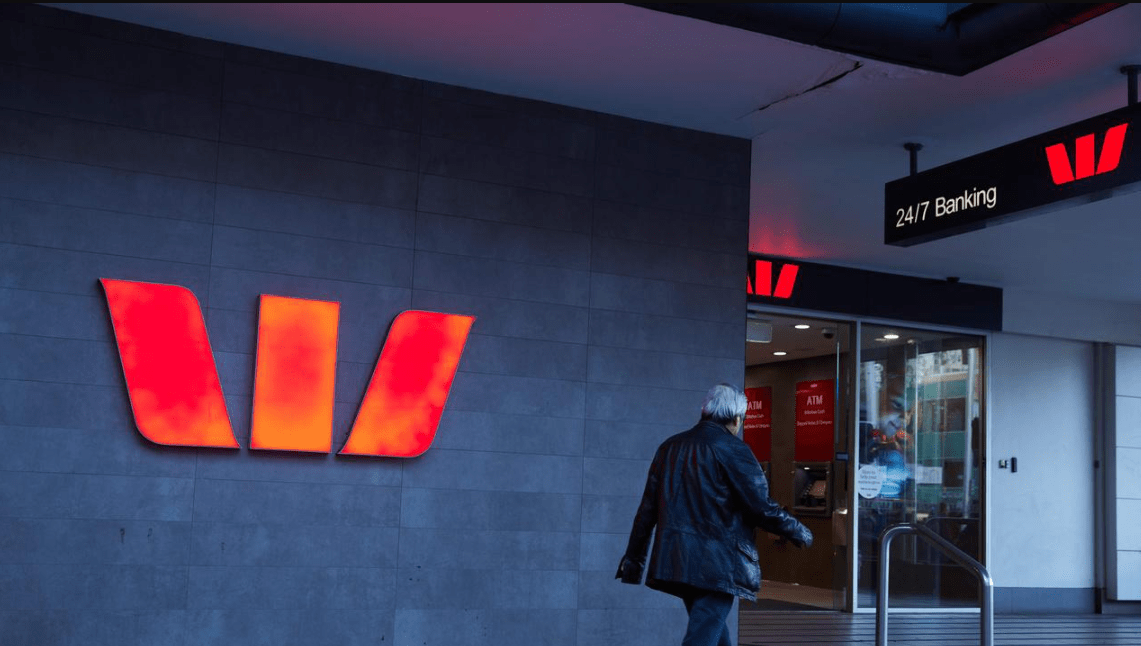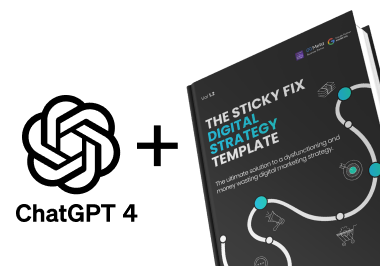Picking the best bank for a small business might sound simple, but as cliche as it sounds, going with the wrong bank can be painful.
For instance, choosing the wrong bank can cost you more and restrict your access to capital in the future, which might force you to change banks.
So, to avoid making a mistake, let’s explore some options. This guide takes a closer look at what considerations you need to make when choosing the right bank for your business.
It also offers a comprehensive comparison of our top selection recommended by our accountant.

Why Your Bank Choice Matters
All Australian banks offer basic business banking services like accounts and transactions, but there are key factors that can impact a business, such as:
- Capital. Can the bank provide loans or lines of credit if you need them? Some banks will have less hoops and be more willing to lend you money than others.
- Features and tools. Does the bank offer great UX experience or features that easily integrate with your accounting software to streamline your operations?
- Customer support. Does the bank have responsive customer service that understands your business needs?
Choosing the right bank for your business matters.
Major Australian banks like Commonwealth Bank, Westpac, and National Australian Bank (NAB), offer established options and good reputations.

Their user interface and experience are also very well established, as bigger banks usually have more capital to invest in their platforms.
However, there are newer options and non-bank institutions like Zeller and Tyro that can potentially offer competitive rates, too. So, do your due diligence by analysing your business needs and researching to find the bank that suits you best.
Our top selection that we recommend:
Bank: CommBank, NAB, Westpac
Non-Bank: Zeller, Tyro
Comparison of the Best Bank for Small Business in Australia
Let’s compare some important factors against each of our top selected banks and non-bank options:
| Feature | CommBank | NAB | Westpac | Zeller | Tyro |
| Strong Selling Points | Extensive branch network & brand recognition | Business-focused tools & competitive rates | Strong regional presence & agricultural expertise | Low monthly fees & focus on underserved businesses | Integrated payments & point-of-sale solutions |
| International Transactions | Cash withdrawals outside Australia – AUD $5.00 plus 3.00% of the transaction value (debit card)
AUD $4.00 or 3.00% of transaction value, whichever is greater (credit card) |
Starts at $4 per international ATM withdrawal,
3% of transaction amount for other international transactions |
No additional fees for ATMs within Westpac’s Global Alliance Network
Starts at $2 in international ATMS
3% transaction amount for other international transactions |
Additional 2.99% on international transactions after conversion | Offers dynamic surcharging for debit and credit cards. |
| Internet Banking | Available | Available | Available | Available | Available |
| Accounting Software Integration | Xero, MYOB, others | Xero, MYOB, others | Xero, MYOB, others | Limited | Limited |
| Business Loan | Tailored Lending for business loans | Flexible Business Loans | Secured and Unsecured Business Loans | Easier (focuses on underserved businesses) | Easier (streamlined application process) |
| Branch & ATM Network | Largest in Australia | Extensive | Extensive | None | None |
| Credit Card Options | Business credit cards with rewards & spending limits | Business credit cards with rewards & spending limits | Business credit cards with rewards & spending limits | Not applicable | Not applicable |
| Integration & Speed | Efficient online banking & mobile app | Efficient online banking & mobile app | Efficient online banking & mobile app | Fast & secure transaction processing | Integrates seamlessly with Tyro POS system |
| Rewards Programs | Earn CommBank awards points for everday transactions | Rewards points for redemption on cashback, gift cards, and travel | Card rewards include cashback, bonus points, purchase rate and balance transfer offers | No | No |
Customer Focus and Market Presence: CommBank reigns supreme with the largest customer base and market valuation in Australia, while NAB and Westpac are strong contenders with sizable followings. Zeller and Tyro, as fintech innovators, target a niche audience but may win over tech-savvy small businesses.
Beyond the Basics: Picking a bank goes beyond fees. Major players often support good causes and sustainability. Look for banks recognised for innovative small business tools or user-friendly online platforms that make managing your finances a breeze.
Transactions and Fees Comparison
With a better understanding of the overall strength of each bank, let’s look at their associated bank fees:
| Feature | CommBank | NAB | Westpac | Zeller | Tyro |
| Monthly Account Fee | $10 to $30 | $10 to $30 | $10 to $30 | $10 | No monthly account fees |
| Transaction Fees | Starts at $5 per transaction | Per transaction fee may apply | Per transaction fee may apply | Free for a set number of transactions, then per-item fee | Free for a set number of transactions, then per-item fee |
| Free ATM Withdrawals | Within bank ATMs only | Within bank ATMs only | Within bank ATMs only | Not applicable (no ATMs) | Not applicable (no ATMs) |
| Excess Transaction Fees | Temporary Excess Establishment Fees | Business Banking Fees and Charges apply after eceeding a limit | None | None applied. | None applied. |
| Cash Deposit Fees | Free for branch deposits | Free for branch deposits | Free for branch deposits | May apply (varies by deposit method) | May apply (varies by deposit method) |
| Bank Overdraft Fees | Rates depend on your individual circumstances | No overdraft fees but interest charges may apply | Up to 19.95% p.a. plus $9 unarranged overdraft fee per month | No overdraft fees | No overdraft fees |
| Interest | 0.25% p.a to 1.25% p.a. | 0.50% p.a to 1.00% p.a | 0.01% p.a. to 1.35% p.a. | 2.0% p.a. for the first 60 days, then 1.4% p.a. standard variable rate ongoing. | From 2.0% p.a. |
| Crypto friendliness | Not friendly | Friendly, but no high-risk crypto exchanges allowed | Not very friendly. Restrictive for investors | Not Crypto-friendly | Not Crypto-friendly |
Traditional banks (Commonwealth Bank, NAB, Westpac) typically offer a wider range of services, but their fees can add up due to higher monthly fees, transactions fees, and ATM fees (for withdrawals outside their networks).
For cost-conscious businesses, non-bank options (Zeller, Tyro) can be an attractive choice. Their lower fee structure, streamlined technologies, and easier loan application processes make them agile.
Fintech companies can also quickly adopt new technologies like online banking and data analytics, which position them as innovative players in the future of Australian business banking.
FAQs for Australian Small Businesses
Business banking can be complex, but here are some common concerns that you may have about opening your business banking account:
Am I legally required to open a separate business account?
It is not mandatory to open a separate business account, but it is strongly recommended for tax and record-keeping purposes. However, you will need one if you’re operating as a partnership, a company (Pty Ltd), or a trust.
Sole traders are not required to open a separate business account, but for many, having one adds a professional touch to the business and can instill trust in the company.
What documents are needed for an Australian business bank account?
Residents and non-residents alike can open a bank account in Australia, but a business must be registered in Australia to be eligible to open a bank account.
The basic requirements for opening a bank account include your business name, address, ABN, and valid ID for owners/partners. Check with your bank for a complete list.
Hidden Fees: What sneaky charges should I watch out for the most?
You would want to watch out for overdraft fees, excess transaction fees, ATM fees outside the bank’s network, and per-item charges for services like check processing.
Can I transfer money from my personal to a business account?
Yes, you can. But while this is possible, it can raise red flags for tax authorities, so you will want to maintain clear separation for better bookkeeping.
What are the benefits of a business bank account compared to a personal bank account?
Business bank accounts have available loans and credit lines that are specifically designed for business needs and may not be available with a personal account. It also separates finances, which can reduce the risk of triggering an audit from the Australian Taxation Office (ATO).

Summary and Conclusion
Having a business bank account is crucial for smooth operations and growth, especially if you’re a startup company that is looking for growth.
While traditional banks like Commonwealth Bank, NAB, Westpac, and ANZ offer a wider range of services and established reputations, their fees can add up quickly.
These fees include monthly account fees, per-transaction charges, and ATM access limitations, which in total, can strain your budget.
Non-bank options like Zeller and Tyro present an attractive alternative with potentially lower fees and easier access to business loans.
However, they may offer shorter repayment terms and limited loan products that could restrict your options in managing your finances.

The choice of the best bank for small businesses depends on your specific needs, allowing for considerations like budget, anticipated loan requirements, and the importance of features like frequent ATM usage or integrated services.
A separate business bank account offers significant advantages compared to a personal account. It simplifies bookkeeping, grants access to business loans and credit lines, portrays professionalism, and reduces the risk of audit issues.
Carefully analyse your business needs and priorities to find the bank that best supports your journey towards success.





















































